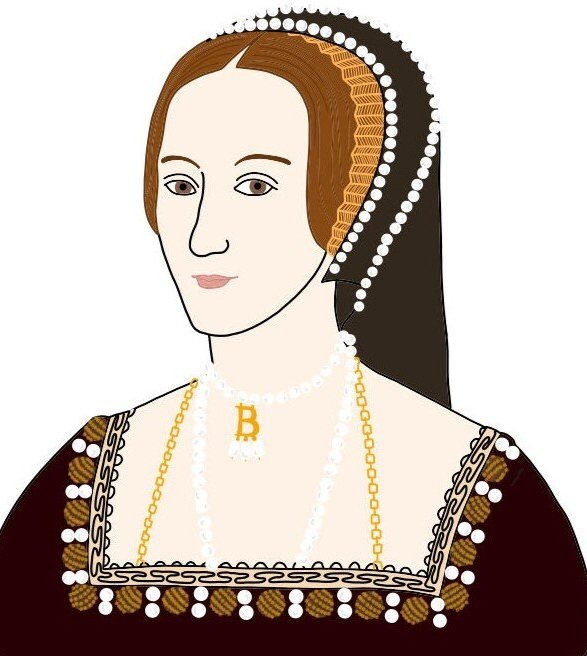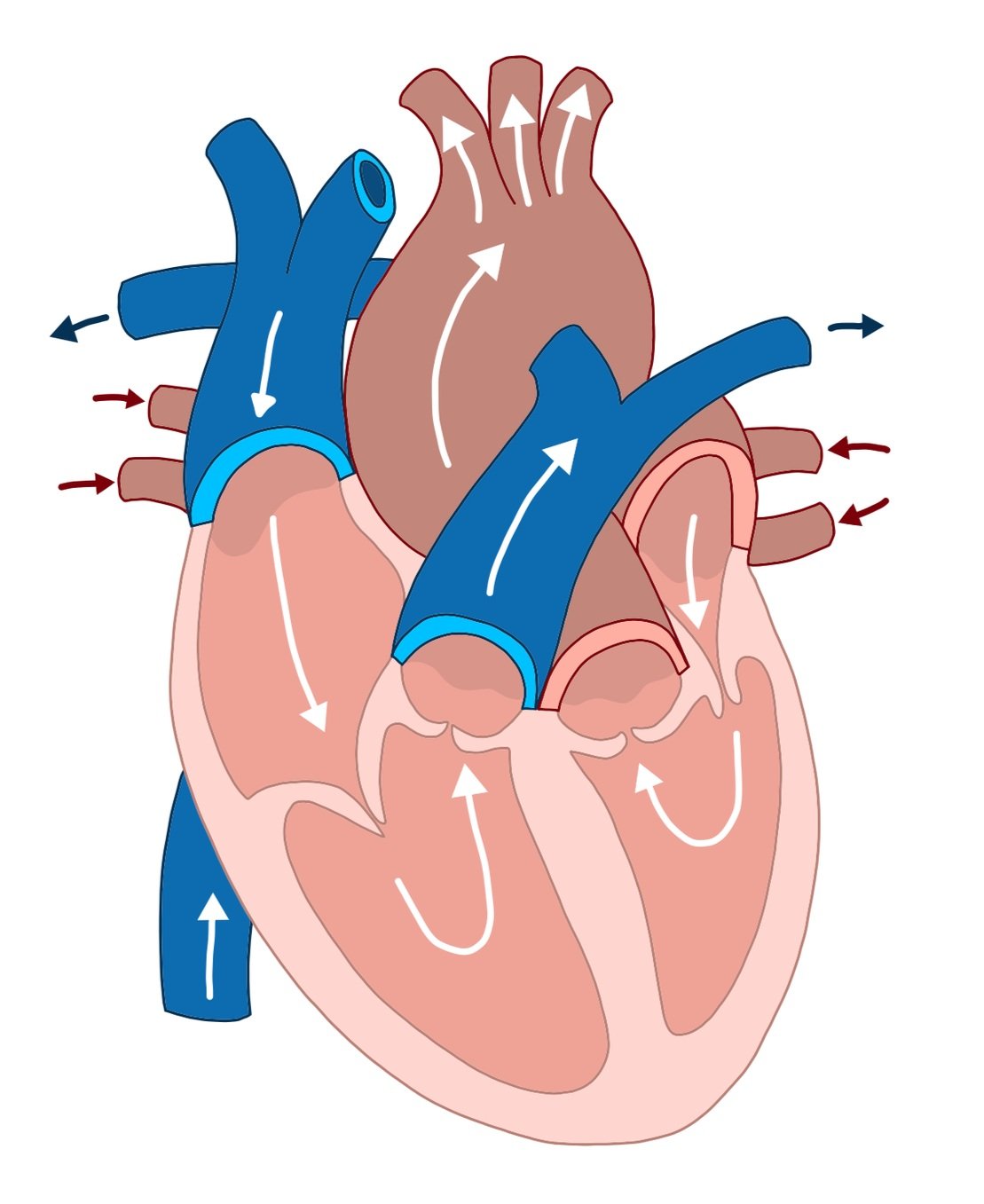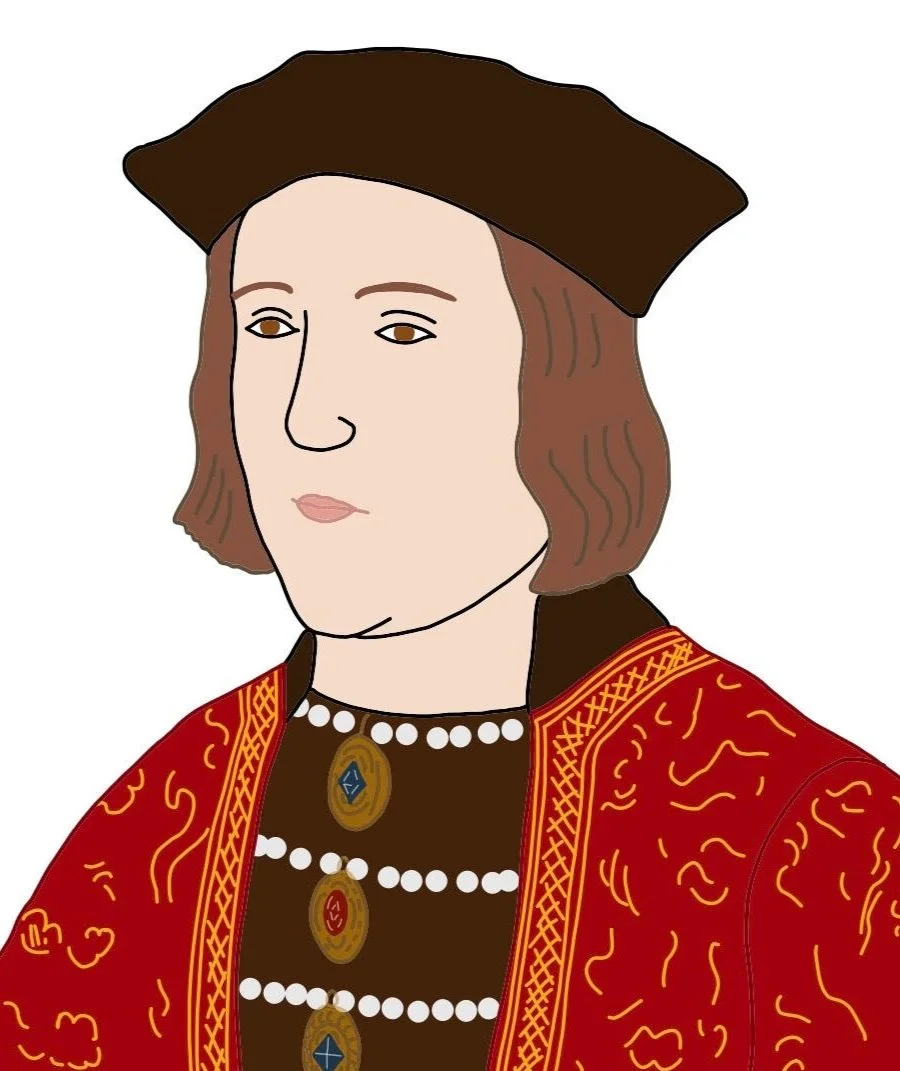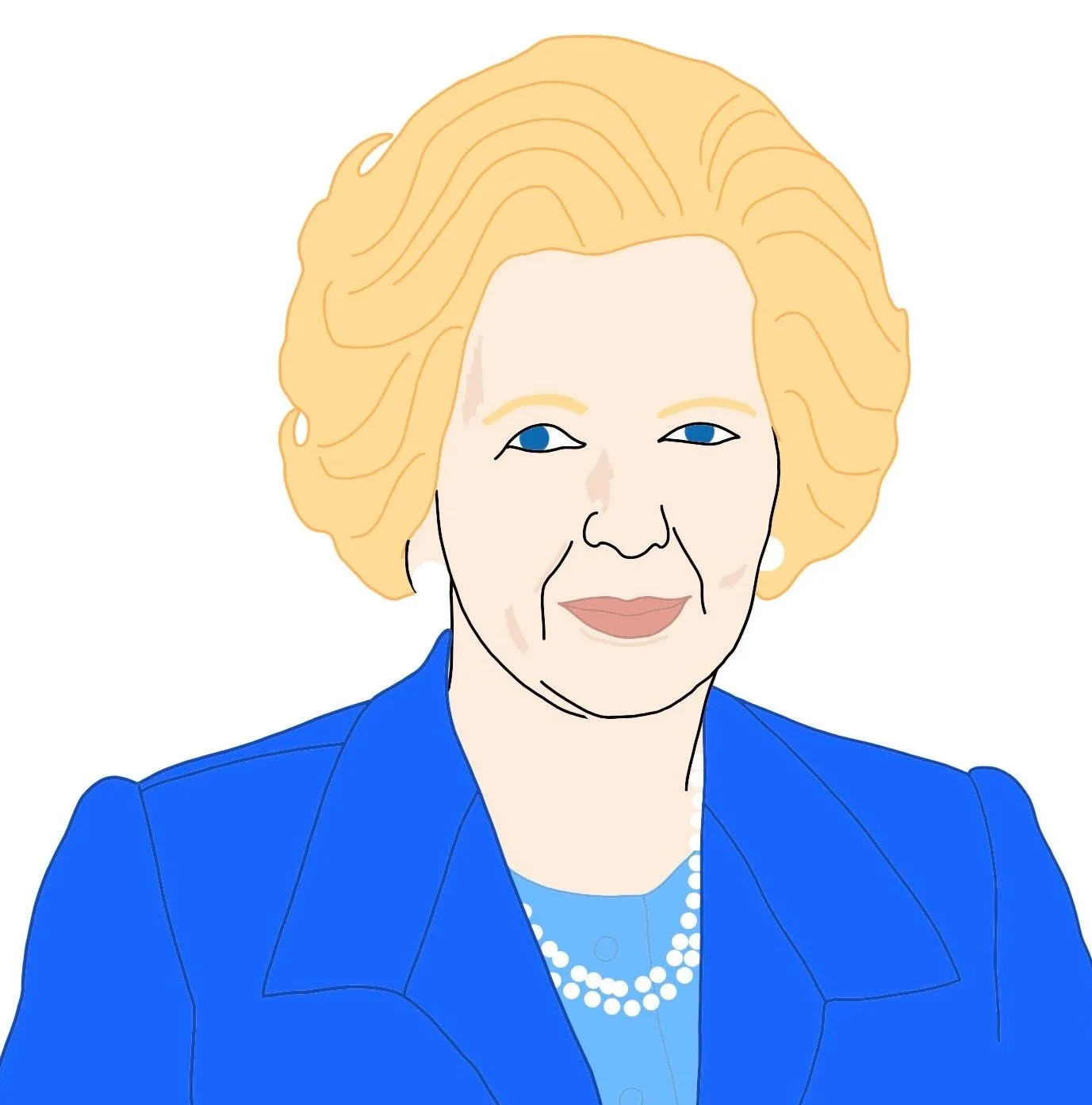May 2nd - 8th
“A week of great things: peace in Europe, a victorious Alfred, a new tunnel, a new heart, a new record, a new King, a new Parliament, a solo flight to Australia, and the first female Prime Minister…”
A week of great things...
A week of great things...
On 2nd May…
1230 - William de Braose was executed by Prince Llywelyn the Great of Wales for committing adultery with Llywelyn’s wife, Joan, Lady of Wales. Just over three hundred years later adultery would lead to the execution of a Queen, Anne Boleyn second wife of Henry VIII.
Anne Boleyn arrested
1536 - Anne Boleyn, the second wife of Henry VIII, was arrested for adultery and sent to the Tower of London.
1933 - The first modern sighting of the Loch Ness Monster was reported in a Scottish newspaper, the Inverness Courier. There have been sightings of a beast in the Loch dating back to the 7th century.
On 3rd May…
First UK heart transplant
1968 – The first heart transplant to be carried out in the UK was performed by Surgeon Donald Ross at the National Heart Hospital in London. It was the world’s 10th heart transplant but sadly, the patient only survived for a further 45 days. Today around 200 people every year receive a heart transplant in the UK and go on to live long and active lives.
On 4th May…
King Edward IV restored to the throne
1471 - King Edward IV was restored to the English throne after winning the Battle of Tewkesbury during the War of the Roses. He had previously been King of England from March 1461 - 1470 until he was overthrown by Henry VI.
1535 - Five monks were hanged, drawn and quartered by Henry VIII for refusing to accept him as head of the Church of England.
First female Prime minister
1979 - Margaret Thatcher was sworn in as Britain’s first female Prime Minister. She was leader of the Conservative Party and became the only Prime Minister to win three consecutive general elections in the 20th century.
On 5th May…
1821 - Napoleon Bonaparte died in exile on the island of Saint Helena in the southern Atlantic. He was a former French ruler, who was crowned Emperor of France in 1804 and controlled an empire that stretched across most of Europe. He fought Britain’s Admiral Nelson at the Battle of Trafalgar and the Duke of Wellington at the Battle of Waterloo, losing both battles.
Amy Johnson sets off to Australia
1930 - Amy Johnson, a British aviator from Hull, took off in her plane ‘Gypsy Moth’ from Croydon Airport to fly to Australia. Twenty days later she arrived in Darwin and became the first woman to fly solo from Britain to Australia. Along the way she had to stop for rest, food, repairs and refuelling at: Vienna, Constantinople, Allepo, Baghdad, Bandar Abbas, Karachi, Jhansi, Calcutta, Rangoon, Bangkok, Singora, Singapore, Tjamal, Surabaya, Atambua, and Darwin.
On 6th May…
Alfred the Great wins Battle of Edington
878 - Alfred the Great defeated the Vikings at the Battle of Edington. This was the decisive battle that forced the Vikings to accept a peace treaty and stop raiding, invading, and battling against the Anglo-Saxons. In return for peace, the Vikings would live in Danelaw, a large area of land to the north of England whilst King Alfred and the Saxons would live in Wessex to the south of England. The Viking’s King Guthrum also agreed to be baptised into the Christian faith.
George V becomes King
1910 - King George V became the king of the United Kingdom when his father Edward VII died.
1954 - Roger Bannister broke the ‘four-minute mile’ by running the distance in 3 minutes 59.4 seconds. Until then it had been thought to be physically impossible to run a mile in under four minutes. The current world record for this distance is 3 minutes 43.13 seconds held by Hicham El Guerrouj of Morocco.
1994 - The Channel Tunnel was officially opened by Queen Elizabeth II and the French president Francois Mitterrand. Work started on the tunnel under the English Channel between England and France six years earlier in 1988. It is nearly 38km long and cost £9 billion to build. Did you know that there were attempts to build a tunnel to France in the 1880s, a century before the Channel Tunnel was built?
On 7th May…
1915 - During World War I the British passenger ship Lusitania was sunk by a German U-boat (submarine) off the west coast of Ireland. Nearly 1,200 people were drowned in the attack. The political after-effects of this event drew the U.S.A into the war.
1945 - World War II was brought to an end in Europe when Germany surrendered unconditionally to the Allied Powers following Hitler’s suicide in Berlin.
1999 - The first Scottish Parliament for 300 years was elected, and power was transferred from Westminster in the July.
On 8th May…
1945 - VE Day, Victory in Europe is declared after Germany formally surrendered to the UK, France, the Soviet Union, and the USA. This saw the end of fighting in Europe, but the war still continued against Japan across South-East Asia and the Pacific.






